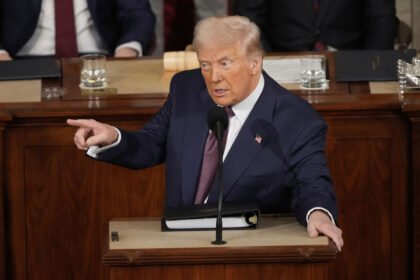Abu Dhabi, United Arab Emirates – 14 countries issued a joint declaration establishing the Future Investment and Trade Partnership.
It is a new international initiative committed to emphasizing open and fair trade and supporting inclusive growth.
In addition to addressing contemporary and emerging trade issues, and enhancing foreign direct investment flows.
The founding members of the partnership include the UAE, Brunei, Costa Rica, Iceland, Liechtenstein, the Kingdom of Morocco, New Zealand, Norway, Panama, Chile, Rwanda, Singapore, Switzerland, and Uruguay.
The partnership was designed to be a principles-based grouping that advocates a future-oriented trade agenda.
It also addresses challenges and seizes emerging opportunities in the areas of trade and investment, and promotes dialogue between stakeholders in the public and private sectors.
These countries will cooperate to develop solution-centric initiatives to consolidate the rules-based trading system.
The partnership will seek to amplify the collective impact of its members on the global scene.
The Ministry of Foreign Trade is leading the UAE’s efforts within this initiative.
The Ministry will represent the State in future meetings and discussions within it.
The principles of free trade are essential for global stability and prosperity for small and medium-sized countries that engage in open and fair trade with the world.
While international measures restricting trade risk fragmenting the global economy, weakening economic growth around the world, and increasing pressures of inflation and unemployment.
The partnership will promote open and fair trade to enable all countries to benefit from enhanced economic security and job creation.
The partnership also aims to build a flexible platform through which members can collaborate on a range of business topics.
Including strengthening supply chains, removing non-tariff barriers to trade, facilitating investments, and adopting and integrating emerging technology.
The partnership aims to advance trade policies without the need for legally binding commitments.
It is characterized by its focus on making an important impact on reality.
As it grows, it will invite other countries interested in those goals and willing to adhere to its principles to join.
This is to ensure the comprehensiveness and flexibility of this initiative and its ability to adapt to the rapidly changing global landscape.

















